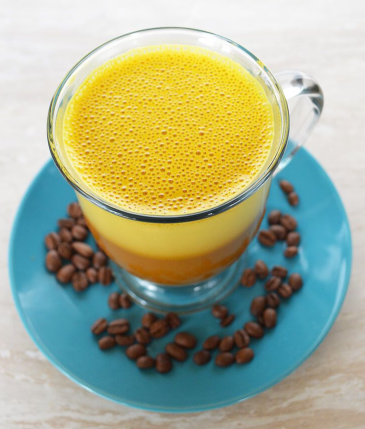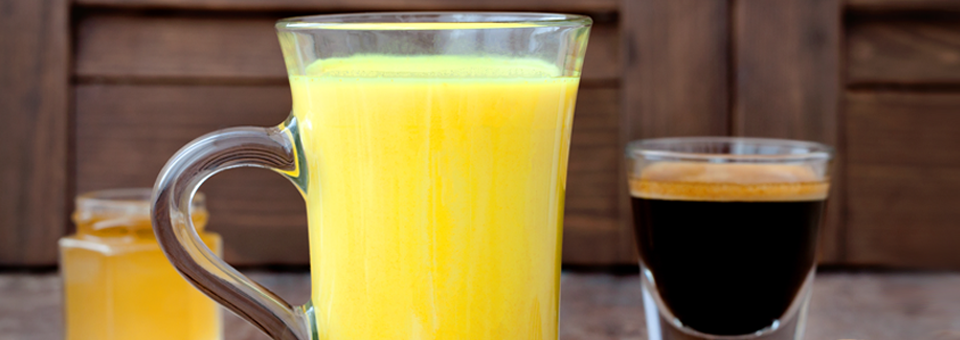American cardiovascular patients pay over $2,500 a year for widely prescribed heart medications — and more if they use non-generic specialty drug…
But for what?
Every year, nearly a million people in this country die from heart disease and stroke — amounting to a third of all annual U.S. deaths.1
We spend billions of pointless dollars on drugs like cholesterol-busting statins, blood pressure lowering ACE inhibitors and calcium channel blockers, as well as nitroglycerine, diuretics and blood thinners.
They’re NOT having their intended effect on this cardiovascular epidemic. At the same time, these medications come with long lists of high-risk side effects and dangerous off-target complications.
One study found that people taking long-acting calcium channel blockers — like Norvasc, Cardizem CD, Procardia XL and Adalat CC — have a much higher risk of heart attack and heart failure.2
Think about that. Those drugs are supposed to prevent health disasters like this!
I regard them as ineffective and risky. Instead, I help my patients eliminate the root cause of heart disease — without side effects or health risk.
I’m talking about chronic inflammation, caused by poor diet and our toxic modern world.
The best anti-inflammatory I’ve ever found is an ancient medical compound called curcumin. And as a regular reader, you’ve heard me talk about it a lot.
Modern scientific research reveals that it can significantly reduce levels of C–reactive protein — or CRP — the single, most effective indicator of heart attacks and strokes.3
Curcumin works by knocking out the body’s inflammatory “command center.” This is a molecule called nuclear factor-kappa B (NF-kB) and it activates more than 400 pro-inflammatory genes — including those associated with heart disease. But it can’t stand up to curcumin. Studies show curcumin deactivates NF-kB.4
Curcumin also promotes healthy blood pressure levels and calcium transport
, which is critical for normal cardiac function and rhythm.5One of the best ways to get the benefits of curcumin is to cook with fresh turmeric root.
You can grate it like ginger and add it to soups and stews. Or add it to curry sauces, deviled eggs or salad dressings. I use it in stir-fries, scrambled eggs and marinades.
I also like turmeric in the morning in my coffee. Here’s how you make it.
Paleo Curcumin Coffee

Ingredients:
- 1 cup of black coffee
- 1/2 tsp. turmeric powder
- Dash of black pepper
- 1/4 cup coconut milk or almond milk
- 1 tsp. coconut oil or MCT oil
- 1 tsp. of Ceylon cinnamon powder
Directions:
- Brew a cup of coffee as you usually do.
- Add the next four ingredients and stir.
- Top with cinnamon — and enjoy.
To Your Good Health,

Al Sears, MD, CNS
1. Benjamin EJ, et al. “Heart disease and stroke statistics—2018 update: A report from the American Heart Association.” Circulation. 2018;137:e67–e492.
2. Pahor M, et al. “Health outcomes associated with calcium antagonists compared with other first-line antihypertensive therapies: A meta-analysis of randomised controlled trials.” Lancet. 2000;356(9246):1949-1954.
3. Panah Y, et al. “Antioxidant and anti-inflammatory effects of curcuminoid-piperine combination in subjects with metabolic syndrome: A randomized controlled trial and an updated meta-analysis.” Clinical Nutrition. 2015;34(6):P1101-P1108.
4. Shimizu K, et al. “Anti-inflammatory action of curcumin and its use in the treatment of lifestyle-related diseases.” Eur Cardiol Rev. 2019;14:117.
5. Hlavackova L, et al. “Spice up the hypertension diet – curcumin and piperine prevent remodeling of aorta in experimental L-NAME induced hypertension.” Nutr Metab (Lond). 2011;8:72.

